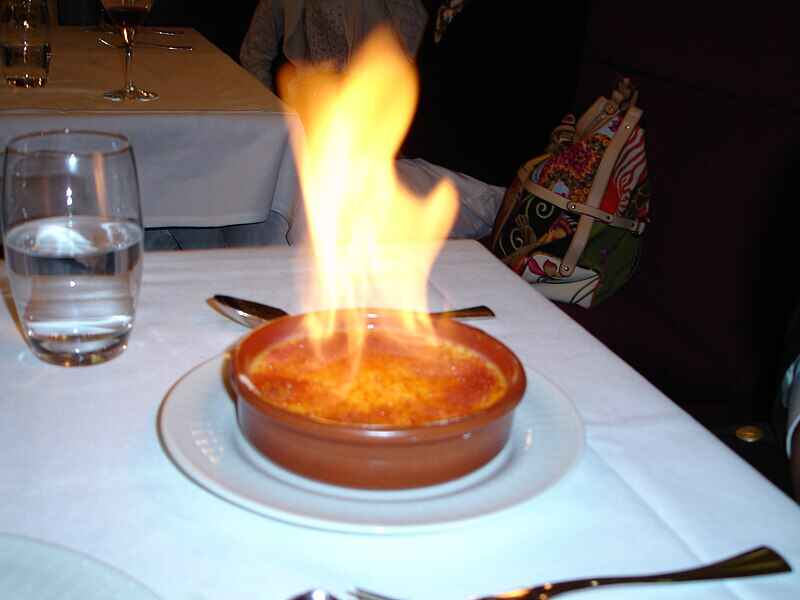In the final installment of our series on serving under cooked animal product, we will discuss the protein that is almost always ordered under cooked by CFPMs. Breakfast customers rarely order eggs well done. They are critical elements in many sauces and give custards rich textures. Looking at the Minnesota food code temperature rules, we can see that eggs cooked for hot holding must reach a temperature of 155 degrees for at least 15 seconds. How does this apply to over-easy eggs, Béarnaise sauce, and ice creams where the egg product never reaches 155 degrees?

CFPM and the Ubiquitous Under Cooked Protein- The Egg
If you work in a restaurant or institution that serves breakfast, you will receive numerous orders for eggs that are over-easy, sunny side up, or soft-boiled. These orders will leave the egg below the 145-degree temperature requirement stated in the food code for eggs prepared for immediate consumption. It is perfectly acceptable to cook and immediately serve an over-easy egg to a guest. The key is that they have to serve it immediately after cooking. Hence, you must include a warning if you serve undercooked eggs in your restaurant. “There may be a risk of foodborne illness when certain items are ordered undercooked.”
How do these rules apply to products like Hollandaise sauce, crème brulee, or ice cream? These items:
- have eggs
- have never reached 155 degrees
- are not served immediately
The Minnesota food code insists that pasteurized eggs substitute raw eggs. Many chefs argue that liquid pasteurized eggs do not work for particular items. Thanks to modern advancements in sanitation and pasteurization, you can purchase whole, raw, pasteurized shell eggs. Although the liquid form of pasteurized eggs is the most common, your product supplier should have whole, raw pasteurized eggs available.
While discussing raw eggs, let’s take a brief moment to talk about homemade mayonnaise and aioli. These are two egg-based products that have never been cooked. If you serve house-made mayonnaise:
- only use liquid pasteurized eggs
- always store it below 41 degrees.
Remember, you should never hold undercooked eggs in a warmer or a steam tray for service.


